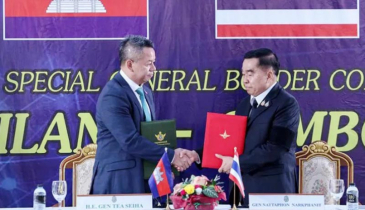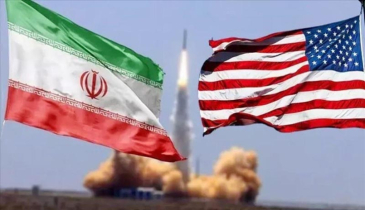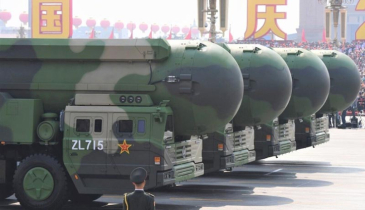China warns against maritime confrontations

China's Foreign Minister Wang Yi has emphasized the importance of resolving maritime disputes through diplomatic negotiations.
Recent complaints from the Philippines, Japan, and the United States about what they perceive as increasing Chinese assertiveness in the South China Sea have drawn attention to the ongoing tensions in the region. China claims a significant portion of the South China Sea as its territory, a claim disputed by several coastal nations.
In the past month, China and the Philippines exchanged accusations following a collision in the South China Sea. Chinese vessels blocked the passage of Philippine ships, with Beijing asserting that these vessels were encroaching on Chinese territory while attempting to deliver supplies to Philippine troops stationed on a disputed shoal located within the Philippines' exclusive economic zone.
The tensions between China and the Philippines at the contested shoal have prompted Japan to propose trilateral cooperation with the United States to help enhance Manila's security capabilities.
Wang Yi addressed the issue during a symposium on maritime governance in Hainan, stating, "Historical maritime disputes should be resolved through friendly consultation between the direct parties, and confrontations and zero-sum games in the maritime domain should be avoided." However, he did not single out any specific nation in his remarks.
Wang also stressed the need to enhance crisis communication mechanisms without making explicit reference to recent incidents.
China has consistently criticized what it describes as 'cliques' among nations, particularly those without direct territorial claims in the disputes. Beijing has expressed particular dissatisfaction with the US Indo-Pacific strategy, which identifies China as a regional aggressor, including in the South China Sea, and accuses it of undermining international maritime law, including the freedom of navigation.
In the same symposium last year, Wang Yi mentioned a 'certain major country' that had developed the Indo-Pacific strategy, created exclusive 'small circles,' and engaged in 'provocative' close-range maneuvers and displays of military strength.
.png)









